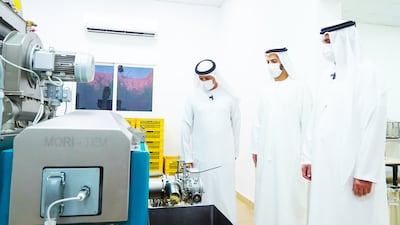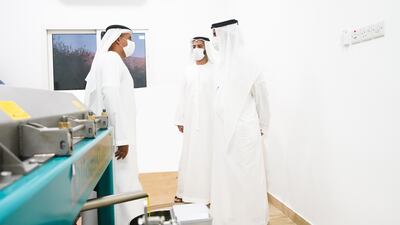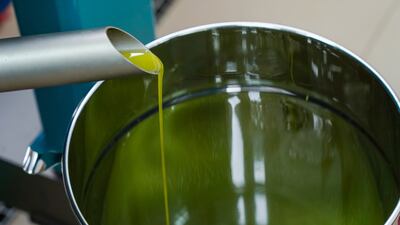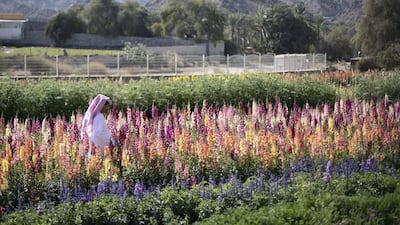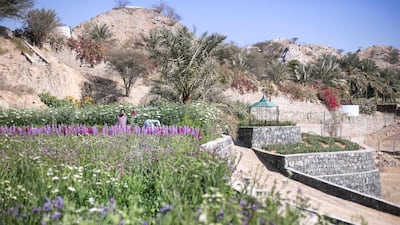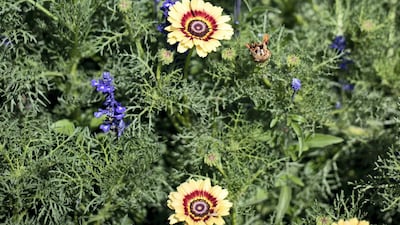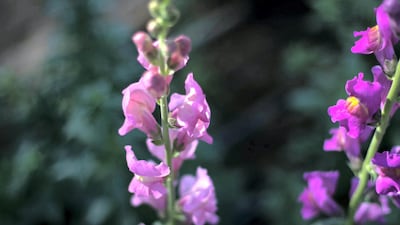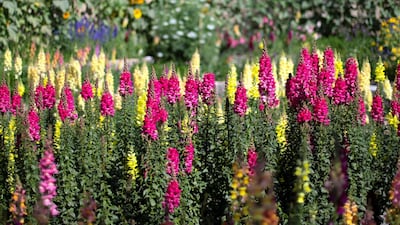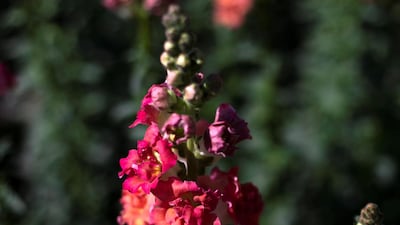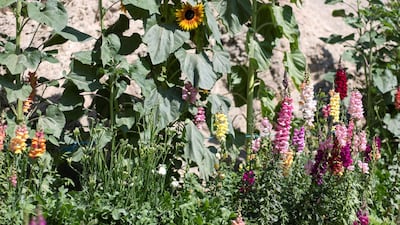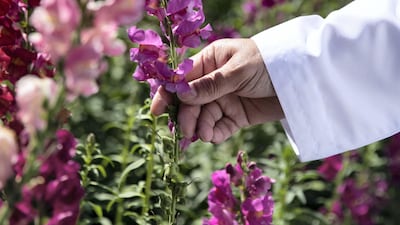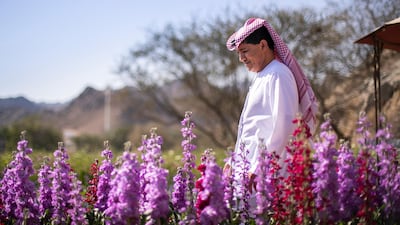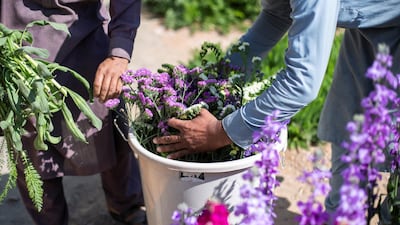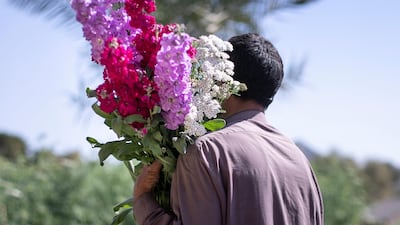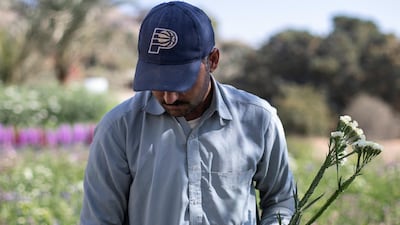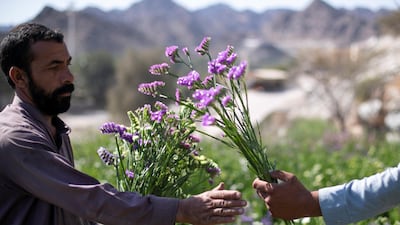The Ruler of Ras Al Khaimah has visited what is thought to be the country’s first olive oil producer.
Sheikh Saud bin Saqr Al Qasimi witnessed the process of farming and pressing olives for oil at a local company on Jebel Jais, the UAE’s highest peak.
The olives are grown locally on several Emirati farms, on 4,000 trees imported from Italy, Spain and elsewhere. Endangered, wild olive trees grow on the emirate’s slopes.
After the fruit is picked, it is sorted, washed and crushed, before the resulting oil is filtered twice and poured in Jebel Jais-branded bottles to sell.
Native to the Mediterranean, olive trees require a subtropical climate to flourish, and do best in countries with mild winters and long, warm and dry summers. They tolerate salty, coastal conditions and well-draining soil.
Once established, they require little care, and under good growing conditions, will yield fruit by the time they are three to six years old. Normally, the trees do not respond well to humidity.
Wild olive reserves
Ras Al Khaimah’s wild olive trees are protected under the directives of Sheikh Saud bin Saqr, who established reserves to save them from extinction and to increase their production.
Wild olives contain many health benefits, and the virgin olive oil extracted from the fruits of the trees in the emirate’s protected reserves is amongst the finest, with an acidity ratio of 0.21 to 0.30, which is much lower than the acidity of traditional olive oil.
Agriculture in the UAE has come under the spotlight in recent years, after the government set up the Ministry of Future Food Security to increase the amount of food produced in the emirates.
Agronomists – specialists in soil management and crop production – have focused their research on either hardy plants that grow well in arid conditions or on modern farming techniques such as aquaponics and hydroponics.
Under the National Food Security Strategy, the UAE aimed to increase its production of essential foods, including dairy produce, cooking oil, dates, poultry, fish and seafood, by 15 per cent by this year.
In 2020, six million tonnes of food was produced in the Emirates. Officials say this could top 16.3 million tonnes annually, if required.
